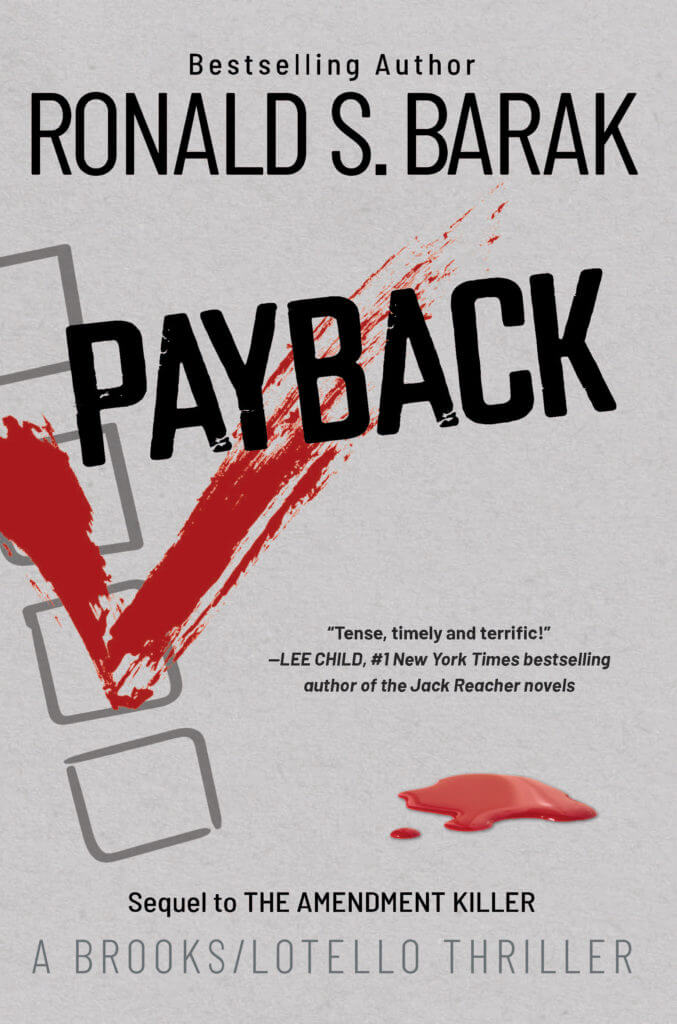Editor’s Note: I don’t usually use tables in my blogs, but the one below came with the news piece I was reviewing and it offered a good capsule summary and was easy to incorporate. Only one problem: It’s not very user friendly for someone viewing the blog from a smart phone. If that’s you and you don’t want to strain to follow it, please access the blog from a desktop and you will find the table much easier to follow.
Have you ever wondered how reliable and trustworthy the generalized advice is that you receive from your doctor? Two recent news items I stumbled across have me wondering.
The first item, just a few days old, reminds us that doctors, like their patients, are required, as a matter of pragmatics, to rely on and trust generalized advice they receive, from one organization or another, which they, in turn, then pass on to their patients in the form of generalized doctor patient advice.
Consider the recently published strategy of the endocrinologist organization AACE for treating type 2 diabetes, including their new lifestyle therapy recommendations, demonstrating that there is more to diabetes management than just drugs and devices:
| Category | Baseline Interventions | More Intense Interventions |
| Nutrition | Plant-based diet with limited saturated fat and no trans fat
Aim to maintain optimal weight Calorie restriction with goal of 5-10% weight reduction if BMI ≥25 |
Structured counseling
Meal replacement |
| Physical Activity | 150 min/week of moderate exertion plus strength training | Structured program
Medical evaluation/supervision for patients with limitations on physical activity |
| Sleep | Seven hours per night | Screening for obstructive sleep apnea |
| Behavioral Support | Community engagement
Screening for anxiety and depression |
Referral to mental health professional
Cognitive behavioral therapy |
| Smoking Cessation | No tobacco products | Structured programs |
Being a type 2 diabetic, I was pleased to learn of the above study, and to responsibly take it to heart. Especially while my heart is still in excellent condition, and willing to cooperate!
Five categories for me to consider. The only one on which I know I receive high marks is the fifth one, “Smoking Cessation.” It was pretty easy for me to knock out smoking because I never started down that path. On the fourth category, “Behavioral Support,” I think I am also in pretty good shape. I don’t feel anxious or depressed and so I don’t think I need any behavioral support or counseling. However, it is possible that The Wife would have a different opinion on that. If I asked. So I don’t. 🙂
That brings me to the first three categories, “Nutrition,” “Physical Activity,” and “Sleep.” I don’t get enough of the second and the third and I get too much of the first. My “BMI” (standing for Body Mass Index and not what I first assumed it stood for) is clearly higher than supposedly sound medical wisdom says it should be.
So, I’m dodging a bullet. Even though I don’t smoke and I think I behave okay, I clearly need more physical activity and more sleep and less food. Right? Maybe.
Before the ink had dried on the first study and news report, along came the second, a study by UCLA medical professionals reported in the International Journal of Obesity. The long and short of that study is that BMI may just be a lot of hooey. Their study showed that huge numbers of test subjects with theoretically excessive BMI numbers are perfectly healthy by all tangible indications and evidence. And, conversely, a huge number of test subjects with very low BMIs are in poor health. The study concludes (i) that BMI is not at all a reliable indicator of anything, (ii) that the reason the medical community over-relies on BMI numbers is because those numbers are very convenient, very easy to compute in a matter of seconds with the calculator on your smart phone, and (iii) some 75 million Americans are being unfairly penalized by employers and health care providers because their BMIs are (supposedly) “too” high.
So much for the reliability and trustworthiness of the “Nutrition” category in the first news story recapped above. What does that say about the second and third categories, “Physical Activity” and “Sleep,” if anything?
Can I chuck needing all that exercise and sleep and instead enjoy that tasty chuck roast, and Doritos? Won’t I probably live just as long, and certainly more enjoyably? Maybe more enjoyably, but certainly not as guilt free. If it’s more fun, it can’t possibly be good for me. Right? And therein lies the problem. Living with all that guilt.
Maybe I need that “Behavioral Support” after all. (But from whom can I procure it in a reliable and trustworthy manner? And will my insurer pay for it? So I will still have enough money left over to pay for my newly discovered happier and less anxious and depressed lifestyle.)
Who’s a fellow to trust?
Join the discussion either by logging in just below or by signing into your favorite social media outlet. If you’re having trouble, please follow these instructions to guide you! Thanks!








